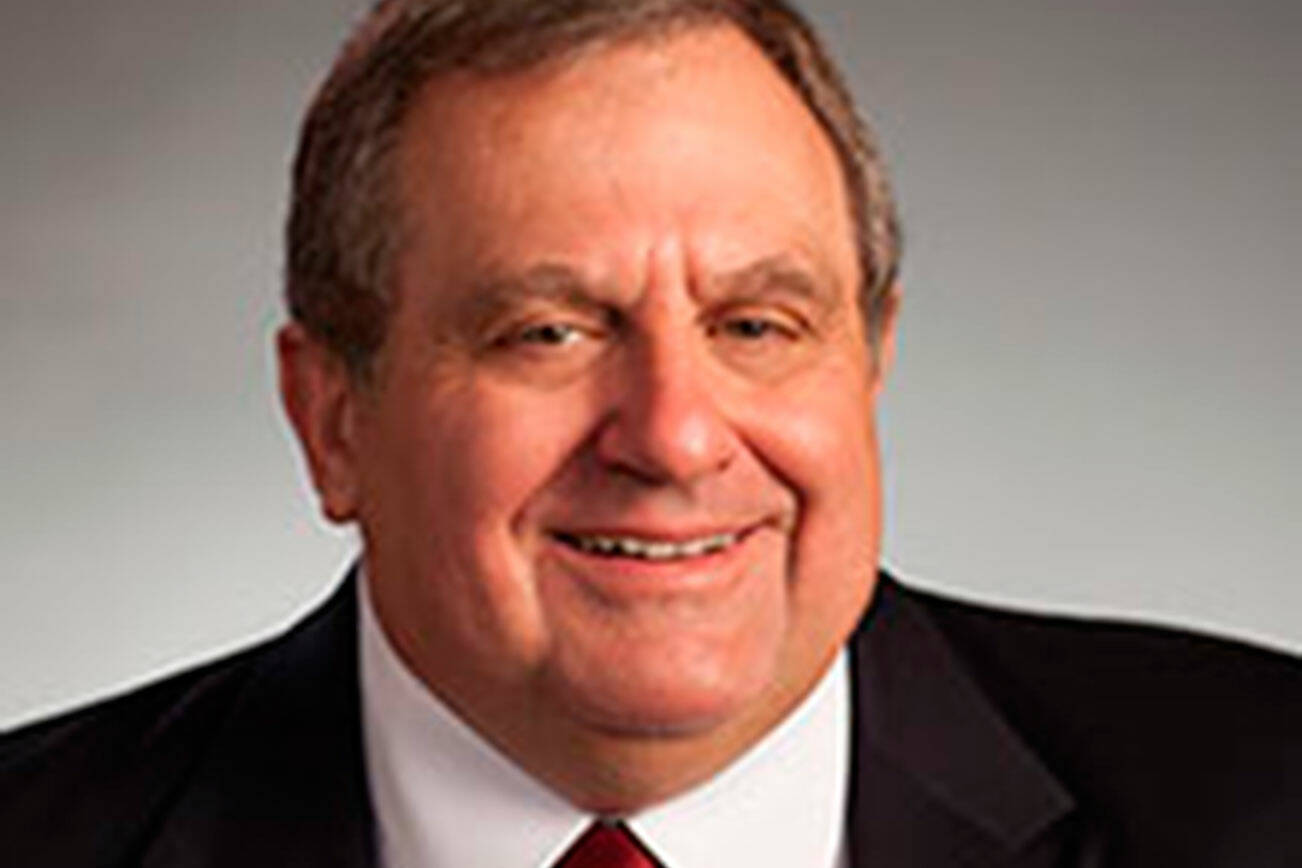This Sept. 11 remembrance fell at a time when America is bitterly divided. It is also a time when we are more acutely worried about where and when terrorists will strike next.
Our hasty withdrawal from Afghanistan — the place where terrorists orchestrated the 9/11 carnage in New York, Washington, D.C., and Shanksville killing nearly 3,000 fellow Americans — was fresh in our minds.
We needed words of reassurance again. We needed to be reminded of the way our country came together after 9/11 — an epilogue — and a hopeful path forward — a prologue.
We got it from a somber George W. Bush, the President occupying the White House in 2001. He spoke at Shanksville on Sept. 11, 2021.
At “Ground Zero” in New York City on Sept. 14, 2001, a resolute new president grabbed a bullhorn and told the world that America will root out the assassins and take steps to insure it doesn’t happen again. He also promised to bring al Qaeda and Osama bin Laden to justice.
It took a decade, but on May 2, 2011, President Obama watched as Navy Seals took out Osama bin Laden, the mastermind behind 9/11, in his Pakistan hideout.
This year when Bush spoke at Shanksville, a quiet rural Pennsylvania town where 40 passengers and crew on United 93 overpowered al Qaeda hijackers who took control of the jet and crashed it, the field was serene. It is a stark contrast to the first battle of our war on terrorism. That jet was headed for either the White House or U.S. Capitol.
Bush reassured veterans and people in uniform, the cause they pursued is “the noblest America has to offer. You shielded your fellow citizens from danger … nothing can tarnish your honor or diminish your accomplishments … to you and the honored dead, our country is forever grateful.”
He warned there is growing evidence that the dangers to our country can not only come from across borders but from within.
“There’s little cultural overlap between violent extremists abroad and violent extremists at home. But in their disdain for pluralism, in their disregard for human life, in their determination to defile national symbols, they are children of the same foul spirit, and it is our continuing duty to confront them.”
He spoke of the America he knows.
“On America’s day of trial and grief, I saw millions of people instinctively grab a neighbor’s hand and rally to the cause of one another … when religious bigotry might have flowed freely, I saw Americans reject prejudice and embrace people of Muslim faith … when nativism could have stirred hatred and violence, I saw Americans reaffirm their welcome to immigrants refugees … when some viewed the rising generation as individualistic and decadent, I saw young people embrace an ethic of service and rise in selfless action. That is the nation I know.”
When it comes to the unity of American people, those days seem a distant past, Bush added. “Malign force seems at work in common life that turns every disagreement into an argument and every argument into a clash of cultures. So much of our politics has become a naked appeal to anger, fear and resentment. That leaves us worried about our nation and our future together.”
As for our prologue … from the beginning our nation was built upon freedoms and differences of opinion. Political debate historically has been fiery and contentious, but in past times, opponents have found ways to reach agreement for our common good. Hopefully, that is not lost.
It is not that way now and acrimony is running through our system like an out-of-control wildfire. Regardless of your feelings towards George W. Bush, his words are wise … and desperately needed.
Don C. Brunell is a business analyst, writer and columnist. He retired as president of the Association of Washington Business, the state’s oldest and largest business organization, and now lives in Vancouver, Wa. He can be contacted at theBrunells@msn.com.



